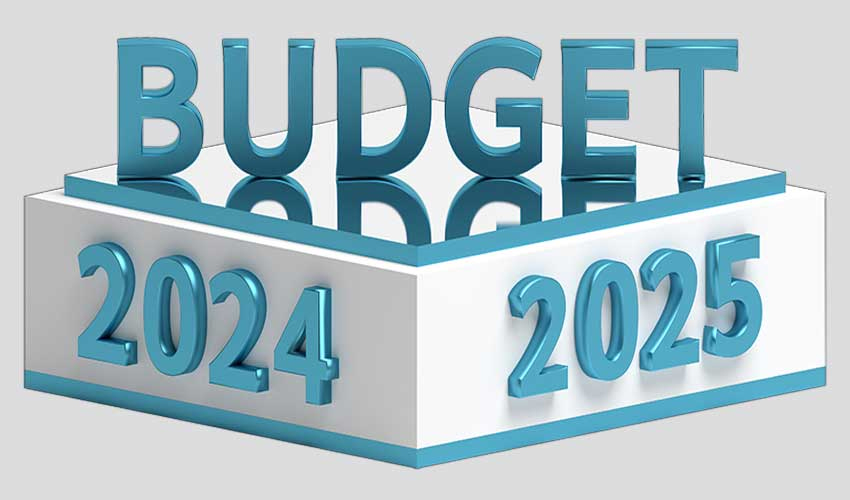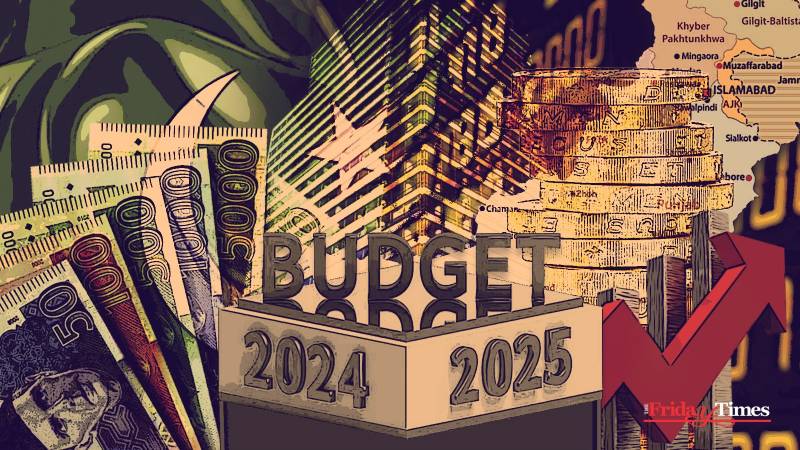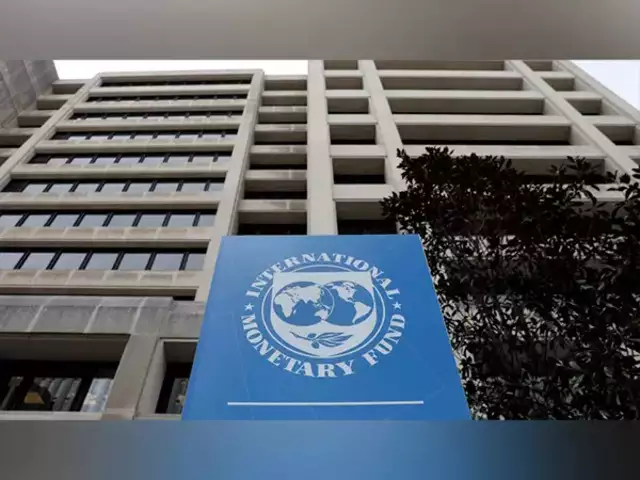PTBP Web Desk
The Federal Board of Revenue (FBR) has taken a significant step towards enhancing tax compliance among retailers by establishing a new Inland Revenue enforcement network. This initiative, detailed in a notification released on Wednesday, aims to curb tax evasion and ensure that sales tax on goods and services is properly accounted for through real-time reporting.
The core of this new strategy involves conducting nationwide raids on retail outlets equipped with Point of Sales (POS) systems. The enforcement squads from Inland Revenue will be deployed to physically verify whether these retailers are issuing sales tax invoices in real time as required by law. This move is part of a broader effort to integrate all electronic invoicing or POS software with the FBR systems, thereby ensuring transparency and accuracy in tax collection.
The notification specifies that the enforcement network will have the authority to patrol and inspect the premises of retailers who are supposed to be integrated with FBR’s digital infrastructure. Their primary task will be to check if:
All electronic invoicing or POS software is properly integrated with FBR’s network.
Invoices are being reported to the FBR in real-time.
Any discrepancies found, such as invoices not being generated through an integrated system, will be reported directly to the Commissioner Inland Revenue. Once such reports are received, the Commissioner is mandated to act per the provisions of the Sales Tax Act, 1990, to recover the due taxes. This step is critical to sealing potential loopholes in tax collection that have historically contributed to revenue losses.
The implementation of this strategy underscores a significant shift towards digital compliance in Pakistan’s retail sector. By mandating real-time reporting, FBR not only aims to increase the efficiency of tax collection but also to reduce the scope for manual errors or intentional evasion. This enforcement is particularly aimed at sectors like retail, which have been identified as significant contributors to the national economy yet are often underreported in terms of tax contributions.
This initiative could have several implications for retailers:
Increased Compliance: Retailers will need to ensure their systems are compliant with FBR’s requirements or face immediate enforcement actions. This might involve upgrading software or ensuring existing systems are correctly integrated.
Operational Adjustments: Businesses might need to adjust their operational procedures to accommodate real-time data sharing with FBR, which could include training staff on new systems or investing in technology.
Potential Business Disruption: The sudden enforcement could lead to temporary disruptions as businesses scramble to comply, especially if they weren’t previously aware of or prepared for such stringent checks.
Public Perception: While aimed at reducing tax evasion, the method of enforcement through raids might be viewed by some as overly aggressive, potentially affecting public and retailer sentiment towards tax collection practices.
For the FBR, this initiative is a bold move towards digitalizing tax collection processes, which could set a precedent for other sectors. It’s also a response to the challenges posed by the informal sector, which often escapes the tax net due to non-compliance with electronic invoicing.
This enforcement action also brings to light the need for adequate support systems, including:
Education and Training: Retailers must be educated about these new requirements to ensure smooth compliance.
Technical Support: There should be mechanisms in place for retailers to seek help if they encounter issues with integration or real-time reporting.
Feedback and Adjustment: The FBR might need to consider feedback from the field to adjust enforcement methods if they prove too disruptive or if they disproportionately affect small or medium-sized enterprises.




